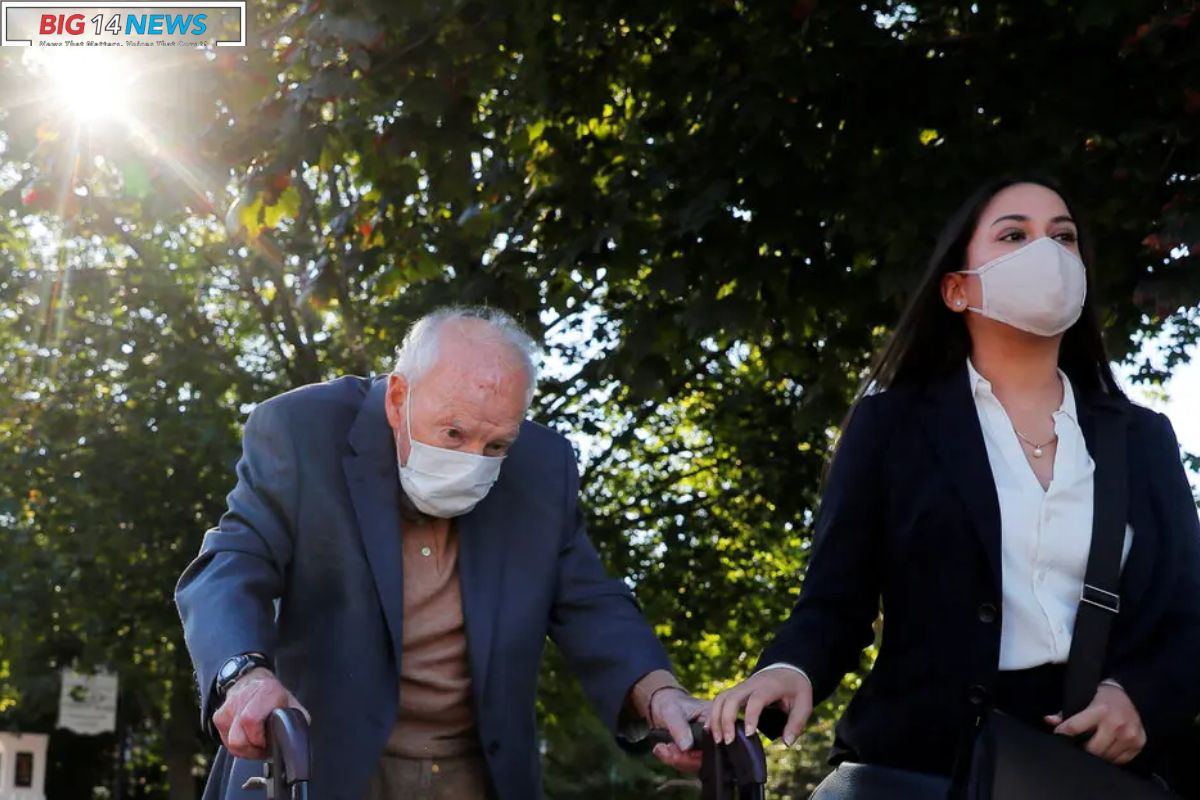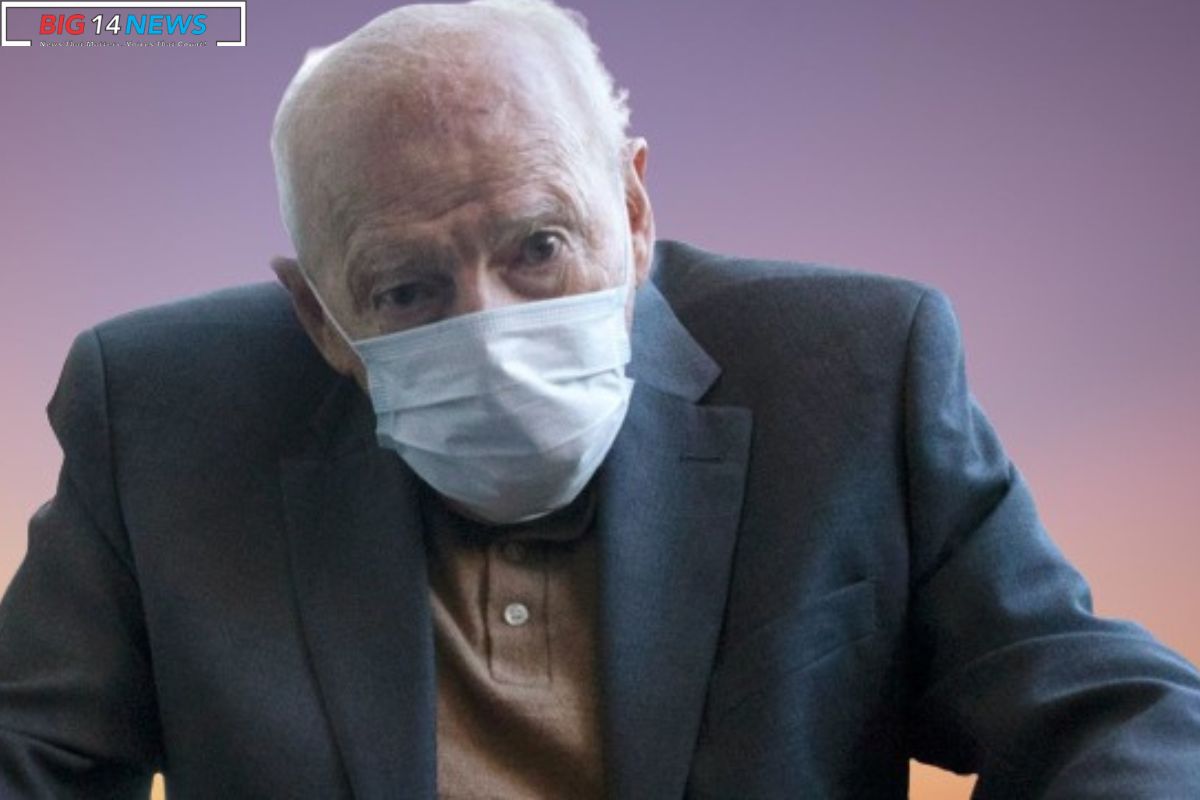Theodore McCarrick Ruled Unfit for Sexual Abuse Trial: A Dedham, Massachusetts, judge ruled that Theodore McCarrick cannot stand trial. He is the highest-ranking U.S. Catholic cleric charged with sexual abuse. The 93-year-old retired cardinal was accused of sexually assaulting a teenage boy at a 1974 family wedding event. He was accused of three indecent assaults and violence.
In the Massachusetts case, McCarrick had said he was not guilty in 2021. His lawyers asked for the charges to be dropped earlier this year, saying that an expert had said he wasn’t smart enough to stand trial. An expert for the state of Massachusetts agreed with this assessment, saying that McCarrick has serious cognitive problems that affect his memory and ability to remember things.
The allegations against McCarrick were seen as a major step toward punishing Catholic Church offenders. In the U.S., thousands of clergy have been accused, yet few are convicted. This is primarily because the alleged assaults occurred long ago.
Advocates for clergy abuse victims were unhappy with the decision. The 90-year-old advocate Stephen Sheehan disputed McCarrick’s fitness to stand trial. He noted that many victims didn’t come forward for decades and that many of their attackers are now aged.


McCarrick was a famous American Catholic. Archbishop of New York and Washington, D.C., he became a cardinal in 2001. After a Vatican trial found him guilty of long-term sexual abuse of infants and adult seminarians, he was excommunicated in 2019. In Wisconsin, McCarrick is charged with sexual assault for the same person.
Victims and allies are dismayed that Theodore McCarrick is not smart enough to face trial for sexual abuse. The former cardinal, who was excommunicated in 2019, faces many charges but won’t be tried in Massachusetts due to mental illness. The case marked a major step toward punishing Catholic Church perpetrators.

